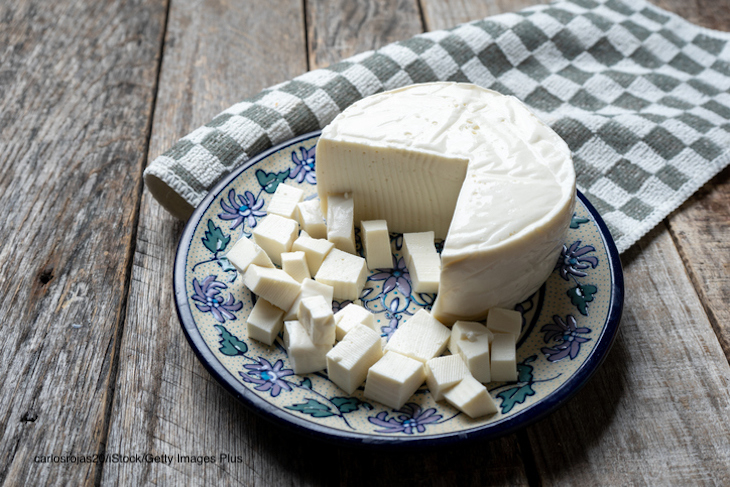In the wake of the deadly Listeria monocytogenes outbreak that is linked to Hispanic-style fresh and soft cheeses, it’s worth looking at a 2018 study from the Centers for Disease Control and Prevention (CDC) that examined listeriosis outbreaks associated with soft cheeses from 1998 to 2014. The study, published in Emerging Infectious Diseases, showed that unsanitary conditions of soft cheese making was linked to listeriosis outbreaks.

The number of listeriosis outbreaks associated with cheese produced under unsanitary conditions has increased since 2006. Moreover, two-thirds of those outbreaks were linked to “Latin-style soft cheese,” accounting for 98, or 54%, of the cases of listeriosis during that time frame. FDA inspections of cheese-making facilities associated with outbreaks found sanitation and hygiene deficiencies.
The report states that “Multiple types of soft cheeses have been implicated in outbreaks, with most outbreaks linked to Latin-style soft cheese. These outbreaks disproportionately affect Hispanic pregnant women and their neonates, a group with 24 times higher risk for listeriosis than that of the general US population.”
One of the issues is an increase in small producers; some had sanitary deficiencies. It’s interesting that, despite the much higher risk for listeriosis per serving of cheese that is made from unpasteurized milk, only about one quarter of all outbreaks were linked to raw milk cheese. Even cheese made from pasteurized milk can be contaminated under unsanitary conditions. These unsanitary conditions of soft cheese production are risky.
The report concludes by stating that anyone at high risk for listeriosis, including pregnant women, the elderly, and people with chronic illnesses and compromised immune systems, should avoid eating any product made with unpasteurized milk. Some soft cheeses, particularly “Latin-style” soft cheeses, have been produced in facilities with improper processing conditions, resulting in Listeria contamination. So the report states that “We advise persons at higher risk for listeriosis (the elderly, persons with immunocompromising conditions, and pregnant women) to carefully consider whether to consume Latin-style and other soft cheeses implicated in previous outbreaks.”
And in fact, because of the current outbreak, the government is telling everyone at high risk to avoid eating Hispanic-style soft and fresh cheeses until more is known about this latest Listeria monocytogenes outbreak.
Symptoms of a listeriosis infection include a high fever, severe headache, stiff neck, nausea, and diarrhea. Pregnant women can suffer miscarriage and stillbirth with this infection, even though their illness is relatively mild. If you have eaten these types of cheeses and have been ill with these symptoms, see your doctor.

If you or a loved one have been sickened with a Listeria monocytogenes infection after eating Hispanic-style soft and fresh cheese, please contact our experienced attorneys for help at 1-888-377-8900 or 612-338-0202.




